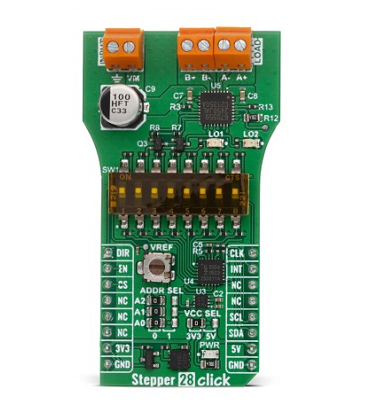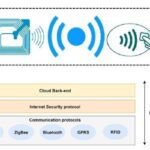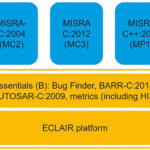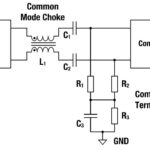 MIKROE has released Stepper 28 Click, an add-on development board for controlling 2-phase bipolar stepper motors. The board is based on the TB67S559FTG, a BiCD constant-current 2-phase bipolar stepping motor driver IC manufactured by Toshiba Semiconductor.
MIKROE has released Stepper 28 Click, an add-on development board for controlling 2-phase bipolar stepper motors. The board is based on the TB67S559FTG, a BiCD constant-current 2-phase bipolar stepping motor driver IC manufactured by Toshiba Semiconductor.
The Stepper 28 Click board integrates DMOSFET output transistors with low on-resistance characteristics. The driver supports motor supply voltages from 8.2V to 44V and provides up to 2.7A output current. The board incorporates Advanced Current Detect System (ACDS) for resistorless current sensing and Advanced Dynamic Mixed Decay (ADMD) for current regulation.
The controller supports stepping resolutions from full-step to 1/32 step configurations. This range of step resolution affects motor noise levels and control precision. The board includes anomaly detection indicators for monitoring operational status.
Stepper 28 Click uses the mikroBUS socket standard and can connect to host systems that support this interface. The board ships with mikroSDK open-source libraries for evaluation and customization. Applications include motor control in printers, scanners, office machinery, point-of-sale receipt printers, cash drawers, vending machine dispensing mechanisms, and pan-tilt camera positioning systems.
The board is part of MIKROE’s mikroBUS-enabled Click board family, which includes approximately 1,900 boards and 50 stepper motor control variants. The mikroBUS standard provides a connection interface that allows designers to attach peripheral boards to microcontroller development systems. Several microcontroller manufacturers, including Microchip, NXP, Infineon, Dialog, STM, Analog Devices, Renesas, and Toshiba, incorporate mikroBUS sockets on their development boards.





Leave a Reply